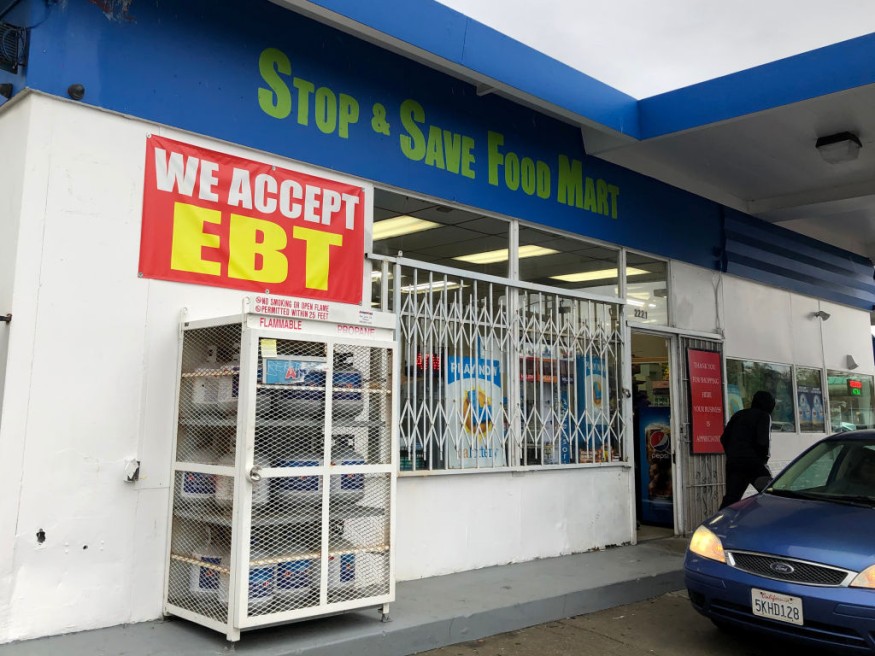SNAP Benefits Update: Double Up Program Can Maximize Your Money

Several states have announced that they will end the emergency allotments for SNAP benefits payments, which means recipients will return to receiving their normal SNAP benefits amount.
Yahoo Finance reported that the emergency allotments' end was announced after Congress failed to include the budget in the $1.7 trillion Consolidated Appropriations Act that President Joe Biden signed in late December.
Starting in March, the U.S. Department of Agriculture will no longer send emergency allotments to SNAP beneficiaries. The minimum amount that will be lost to SNAP beneficiaries is $95.
The Food Research & Action Center warned that halting the emergency allotments will lead to a "hunger cliff for millions of people."
Other assistance programs could deem you eligible to receive financial benefits, such as the Special Supplemental Nutrition for Women, Infants, and Children, which is available to help low-income pregnant, breastfeeding, and postpartum women.
The women should have children up to five years old. One of the ways to help you stretch your SNAP benefits payments is through the Double Up program.
Double Up Program
The Double Up program has the same principle of turning one apple into two apples a day. The program is mostly practiced at the farmers market, but certain participating locations impose the program.
There are more than 250 participating locations in Michigan, while Nebraska only has 12.
The Double Up program was created in 2009 and did not operate in every state across the United States. However, other states do have similar projects.
In California, the program match spending of CalFresh Electronic Benefits Transfer payments for up to $10 per day.
SNAP benefits recipients can spend their Double Up rewards on any fresh fruits or vegetables in the same store on any future shopping trip.
The state of Colorado can match the spending on SNAP recipients' cards for up to $20 a day.
In Hawaii, SNAP recipients can get 50% discounts on local fruits and vegetables through the Double Up program. It is limited to one transaction per day per SNAP card.
Oregon matches SNAP benefits recipients' expenses for up to $20 a day, while the state of Texas matches Lone Star SNAP card payments for up to $30 per day.
Some states that do not offer the Double Up program have some form of program that works in a similar way, such as SNAP Market Match in Washington.
SNAP Benefits Update
According to Feeding Texas Director of Policy and Advocacy Jamie Olson, the state has recently announced that they will be ending the emergency allotments, with participants to see their benefits decreased to the original benefit amount.
Olson noted that they feel concerned and know that a lot of folks might feel anxious about the benefits decreasing.
He said the state's food bank is there to help if anyone needs any emergency food assistance.
South Carolina was the state that announced earliest about the monthly emergency allotments ending on February 1.
Starting February 1, all South Carolina SNAP benefits recipients will return to receiving regular SNAP allotment, which is $250 per month.
This article is owned by Latin Post.
Written by: Mary Webber
WATCH: Greater Good Grocery extends SNAP Double Up Program - From NewsChannel 34
Subscribe to Latin Post!
Sign up for our free newsletter for the Latest coverage!

















